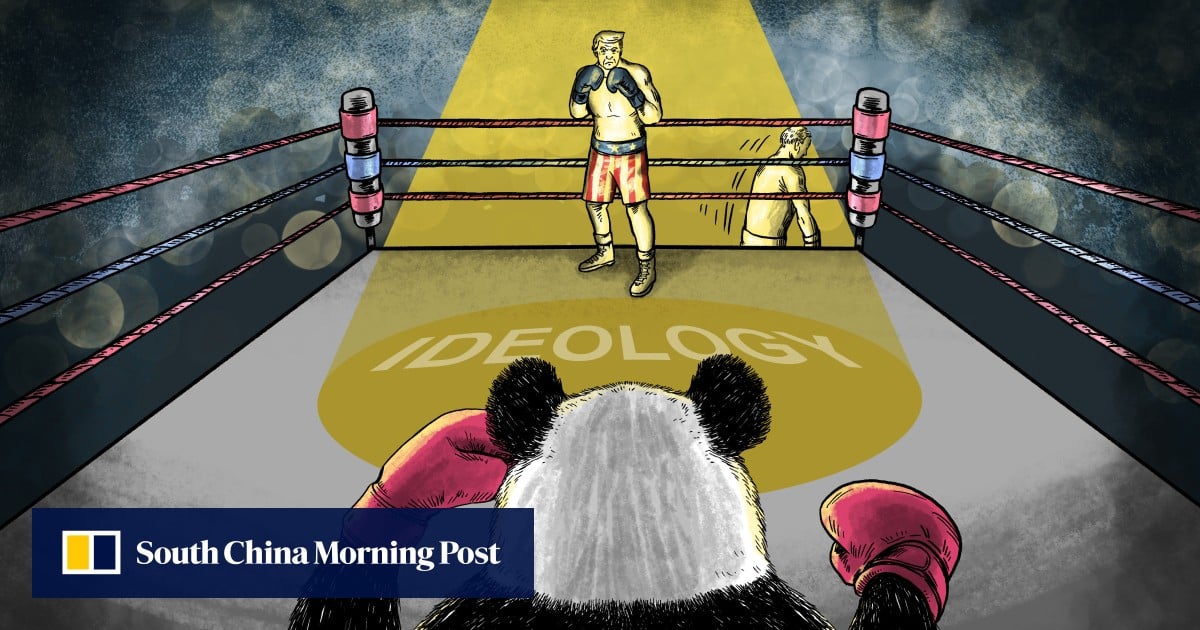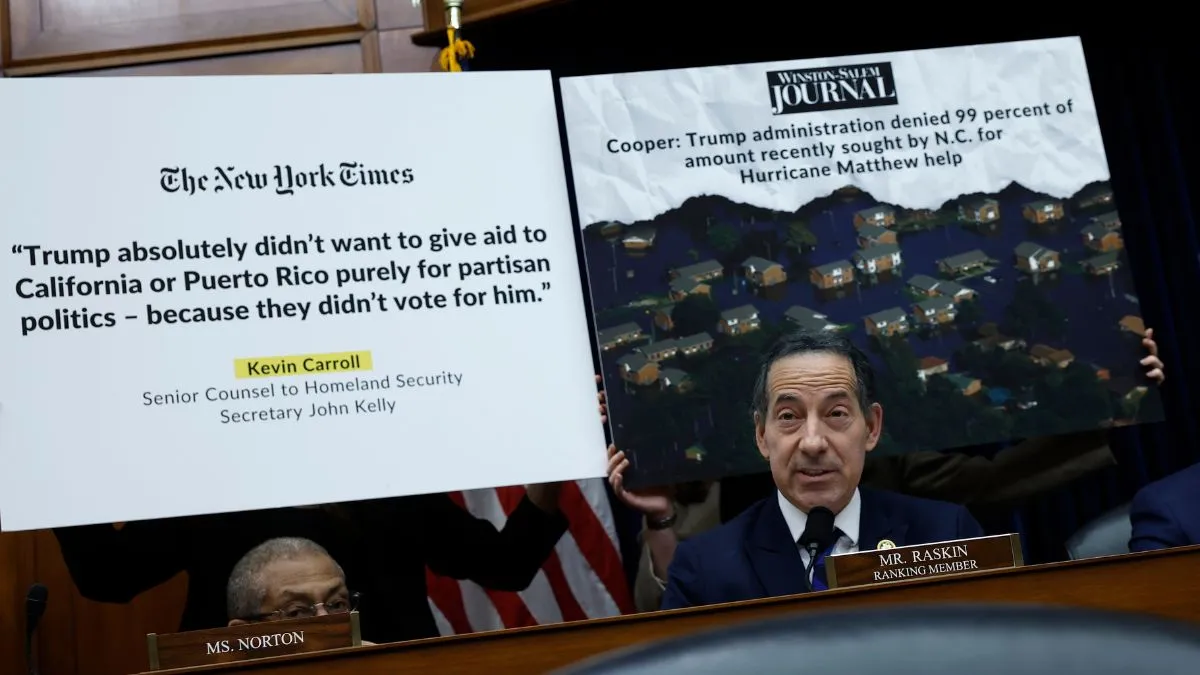The Nigerian government has rejected calls for phase-out fossil fuels, an issue emerged as one of the most topical at the ongoing United Nations Climate Change Summit in Dubai, UAE.
“It is unacceptable to ask Nigeria or Africa to phase out fossil fuels,” said Ishaq Salako, Nigeria’s Minister of State for Environment.
He likened the clamour for phasing out of fossil fuels to asking a sick patient to breathe without life support. The Nigerian economy heavily depends on fossil fuels – petroluem.
Fossil fuels are responsible for over 75 per cent of GreenHouse Gas (GHG) emissions that cause climate change. At the Climate Change conference, parties need to reach a consensus.
On Sunday’s first draft text of the Global Stocktake (GST), countries were asked to phase out fossil fuels. It met several pushbacks from OPEC and Nigeria.
Gabriel Aduda, Permanent Secretary at Nigeria’s Ministry of Petroleum Resources, took to X (former Twitter), saying, “Section 35(c,d,e) of the draft COP28 GST Negotiations are a NO – NO… We all must say NO to the politics of climate change that seeks to phase out funding and development-related issues of fossil fuels.”
He added in a separate post that fossil fuels, particularly natural gas, are crucial for sustainable development, and the focus (of COP28) should be on reducing emissions from fossil fuels, not phasing down or out.
Further negotiations and modifications saw the tweaking of the text’s language on Monday.
“Reducing both consumption and production of fossil fuels, in a just, orderly and equitable manner so as to achieve net zero by, before, or around 2050 in keeping with the science,” the current text reads.
Scientists insist it is impossible to limit global temperature rise to 1.5 degrees Celsius, as called for in the 2015 Paris Agreement, without eventually eliminating the use of fossil fuels.
On Tuesday, Mr Salako told journalists that science is “one-sided.”
“You cannot do science without looking at the socio-economic implications,” he said.
He added that if the developed world is asking for a phase-out of fossil fuels, they should give countries like less-privileged countries like Nigeria the socio-economic guarante for their stability, sustainability, their economic viability, and ability to avert coups.
Mr Salako argued that countries have alternatives, and net zero emission pathways must reflect differentials and the local context of each nation.
Nigeria is Africa’s biggest oil producer, and its economy heavily depends on oil and oil products.
“The developed world has adopted what suits them, and we do not agree that is total science,” he said.
Nigerians speak
In line with the minister’s argument, Chukwumerije Okereke, a Nigerian climate change expert, said some scientists and developed countries have focused on the need for a fossil fuel phase-out to meet the global climate goal but have not paid sufficient attention to the need for any phase-out to be equitable, fair and in the context of sustainable development goals.
“Nigeria is in a double bind when it comes to the fossil phase-out issue,” he noted. “If they phase out without diversification, there will be increased poverty and hunger in the country. If the world fails to phase out fossil fuels and the climate crisis increases, it will be among those that will suffer the most from climate change given its vulnerability.”
Mr Okereke recommended embracing a rapid transition from fossil fuel while also allowing for the use of fossil fuels, especially gas, as a bridge or transition fuel in the short to medium term.
He also highlighted the need for a comprehensive, articulate, and purposeful response to climate change at the national and sub-national levels.
Similarly, Ruth Soronnadi, a human rights lawyer, attributed Nigeria’s reluctance to its political and economic realities.
Highlighting the justice aspect of climate change, she said equity and human rights should be at the core of decision-making and action on climate change.
“The fossil fuel phase-out is an opportunity to wean Nigeria from her petroleum dependency and enable her to explore other renewable energy options,” Ms Soronnadi posited.
Rejecting it outrightly is not the way forward and is not justice, she said, considering the negative impact of burning fossil fuels on vulnerable communities.
However, considering vulnerable communities during the transition process, the oil, coal, and gas companies should first be held accountable and pay for the harm they cause.
This story was produced as part of the 2023 Climate Change Media Partnership, a journalism fellowship organised by Internews’ Earth Journalism Network and the Stanley Center for Peace and Security.
Support PREMIUM TIMES’ journalism of integrity and credibility
Good journalism costs a lot of money. Yet only good journalism can ensure the possibility of a good society, an accountable democracy, and a transparent government.
For continued free access to the best investigative journalism in the country we ask you to consider making a modest support to this noble endeavour.
By contributing to PREMIUM TIMES, you are helping to sustain a journalism of relevance and ensuring it remains free and available to all.
Donate
TEXT AD: Call Willie – +2348098788999











